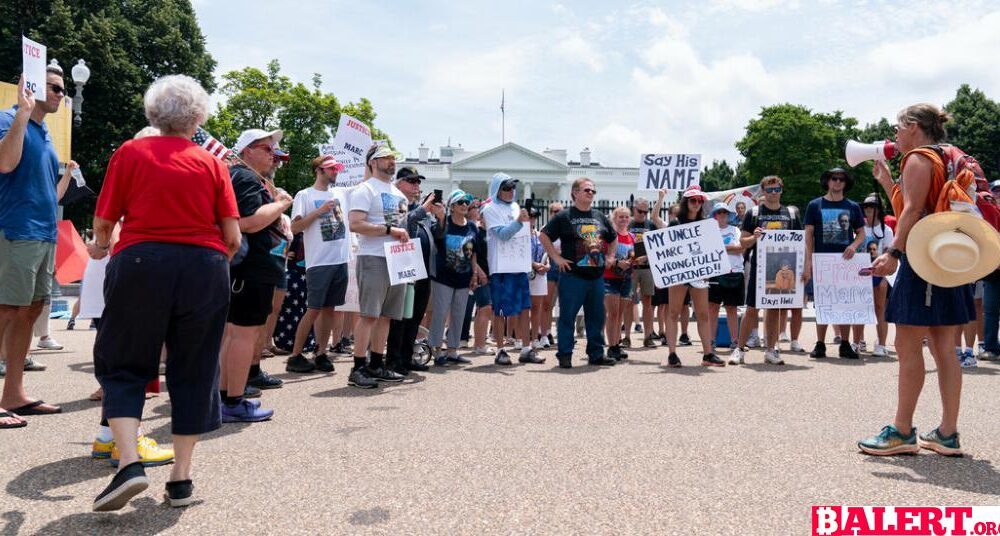World
Emotional Relief and Ongoing Struggles in Recent Russian Prisoner Swap
Explore the complex emotions and ongoing challenges surrounding the recent Russian prisoner swap. Delve into the personal stories of those affected and the broader implications for international relations and human rights.

Emotional Relief Amid Ongoing Struggles
For the 16 individuals released from Russian captivity on Thursday in a historic prisoner swap, the exchange brought a profound sense of relief. However, the joy was tinged with sorrow as many others remained behind, still trapped in a complex web of international politics and diplomacy.
Hundreds of prisoners in Russia—including American citizens and notable Russian political activists, journalists, and artists—are still waiting in hope, yearning for another diplomatic breakthrough that might pave the way for their release.
Among those still imprisoned is Marc Fogel, an American history teacher who dedicated nearly a decade of his life to the Anglo-American school in Moscow. In 2021, Mr. Fogel was arrested while attempting to enter Russia, accused of drug smuggling after a small quantity of medical marijuana was found in his luggage. His family has stated that the marijuana was intended to alleviate his severe pain.
In June 2022, Mr. Fogel—a native of Western Pennsylvania—was handed a staggering 14-year prison sentence for drug smuggling. This sentence stands in stark contrast to the leniency often afforded to convicted murderers in Russia.
Upon hearing the news of the recent prisoner swap, Mr. Fogel’s spouse, Jane, along with their two sons, Ethan and Sam, expressed their dismay at the release of Russian nationals before that of some Americans. Of the 16 individuals liberated by Russia, three were American, six hailed from other Western countries, and seven were Russian nationals.
In an emotional statement conveyed via email, Ms. Fogel and her sons articulated their frustration, declaring that it was “inconceivable” to them that “Russian dissidents would be prioritized over U.S. citizens in a prisoner exchange.”